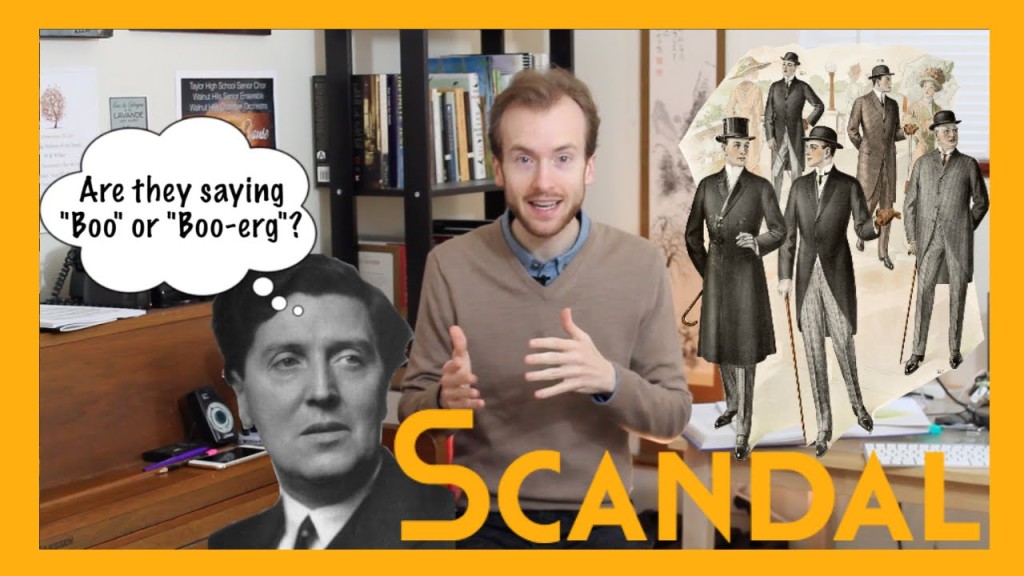I haven’t seen the new Jungle Book, and I’m not going to, because I’ve listened to the soundtrack, and it sucks.
Specifically, it sucks in comparison to the soundtrack from the 1967 animated version, which I think is Disney’s best, both in terms of songs and score:
The music in the current soundtrack about as bland a generic Hollywood action score as I could imagine. It’s competent, but where are the spices of the orient? Where those trilllzzz at? Where those Randall Thompson strungs at?? Where the hell is the alto flute doubling low-register clarinet mixed with some dope-ass muted hornzz???
Now we just get a little Zimmer here, a little Horner there, and a whiff of Elfman to tie it all together. Nary an attempt is made to place the action in India, and that was a real opportunity to improve on the ’67 version which employed only a vague (though delicious) brand of Orientalism.
The current score sounds more like “Colors of the  Wind” meets “Lion King” meets “Titanic”. Why not incorporate some Indian tablas or a spicy sitar lick? Or perhaps something reminiscent of Elgar and empire? I know I’ve made this complaint before, but why oh why can’t we have film scores that contribute to the movie’s setting?
Luckily, I can do more than bemoan bad Jungle Book music in this post, because I’ve just discovered a new (old) composer: Charles Koechlin. You want Jungle Book music? Baby, you got it.
Koechlin was a wildly prolific, long-lived (1867-1950) French composer who was obsessed with Rudyard Kipling in general and The Jungle Book in particular. His music is a fascinating mixture of French Impressionism, Scriabinian eccentricity, and an almost Webern-esque exquisiteness, and the whole adds up to way more than the sum of its parts.
He wrote gobs and gobs of music, and I’ve just bitten in, but I haven’t yet to be disappointed. After you finish with the Jungle Book music (of which there is more) I’d direct your attention to Les Heures persanes. He also wrote an orchestration treatise which is said to be among the most complete treatments of the subject, so I’ll get back to you on that once I can track one down.
Isn’t it fun having a new composer in your life??

